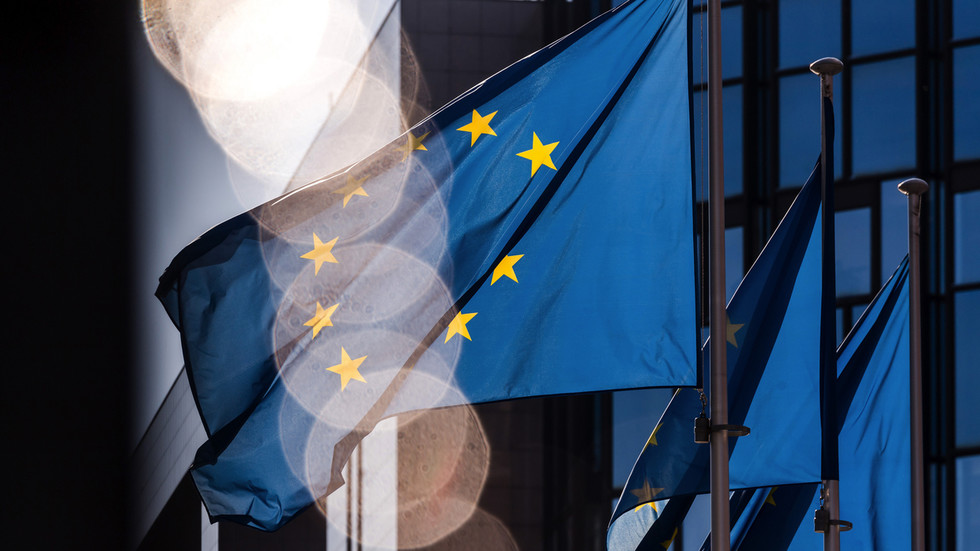The European Union (EU) is navigating a challenging landscape regarding sanctions against Russia, significantly influenced by its rotating presidency system and the differing stances of its member states, particularly Hungary and Poland. Polskie Radio reported that the European Commission will likely hold off on proposing new sanctions packages against Russia until Poland assumes its presidency on January 1, 2025. This current impasse stems primarily from Hungary’s reluctance to support additional sanctions during its six-month presidency, which began on July 1, 2023. As a result, any meaningful discussions on new sanctions appear stalled, with Brussels waiting for a change in leadership before proceeding.
The ongoing consultation on the 15th sanctions package is reportedly informal, focusing on agricultural and industrial products. Despite the complexity of unveiling new sanctions at this juncture, the EU believes it is prudent to wait for Poland’s presidency to avoid any leverage that Hungary might exert during its leadership. Observers within the EU suggest that revealing a draft of the sanctions while Hungary is at the helm could lead to bargaining tactics from Budapest, injecting delays and complications into the sanctions process. This caution reflects the broader political dynamics within the EU, where consensus among member states is required for sanctions to be effective.
In the last sanctions package, adopted in June, the EU blacklisted 116 additional Russian individuals and entities while also deepening restrictions on the shipping of Russian liquefied natural gas (LNG) and financial dealings. However, the requirement for unanimous approval of new sanctions means Hungary’s opposition poses a significant hurdle. Hungarian Foreign Minister Peter Szijjarto previously warned that Budapest would consider vetoing sanctions it perceives as threatening its energy security. This pointed stance underscores the fragility of unity within the EU regarding a cohesive approach to sanctions against Russia, especially considering Hungary’s longstanding disputes with the bloc over its policy towards the conflict in Ukraine.
The political backdrop to this delay in sanctions is further complicated by Poland’s clear intent to adopt a firmer stance on Russian fuel supplies when it assumes the presidency. Poland has historically been supportive of stringent measures against Russia, especially concerning energy dependence. The country’s ambitions to tighten restrictions correspond with broader EU goals of reducing reliance on Russian energy. However, Poland’s commitment to a tough policy could face resistance from Hungary, which may prioritize its energy security over collective EU sanctions, illustrating the tension that can arise within the union.
Moreover, the discourse around sanctions highlights varying perspectives on their effectiveness. Critics of unilateral sanctions argue that they can ultimately inflict more damage on the countries imposing them than on the targeted nation, in this case, Russia. This sentiment is echoed by analysts from both Russia and Western nations, who contend that the complexities of economic interdependence reshape how sanctions affect global trade. As the EU grapples with this issue, the effectiveness and sustainability of its sanctions strategy remain in question, particularly given the differing priorities and economic implications for its member states.
In conclusion, the EU’s approach to imposing further sanctions on Russia is at a stalemate, primarily due to Hungary’s presidency and its reluctance to proceed with additional restrictions that could harm its energy security. While informal discussions are ongoing, any formal proposals will likely be shelved until Poland takes over in January 2025. This situation underscores the challenges of achieving consensus within the EU and raises questions about the long-term viability of unilateral sanctions as a foreign policy tool. The divergence in member states’ positions highlights the need for strategic negotiations to maintain cohesion and to advance a unified front in response to ongoing geopolitical tensions emanating from the Ukraine conflict.

